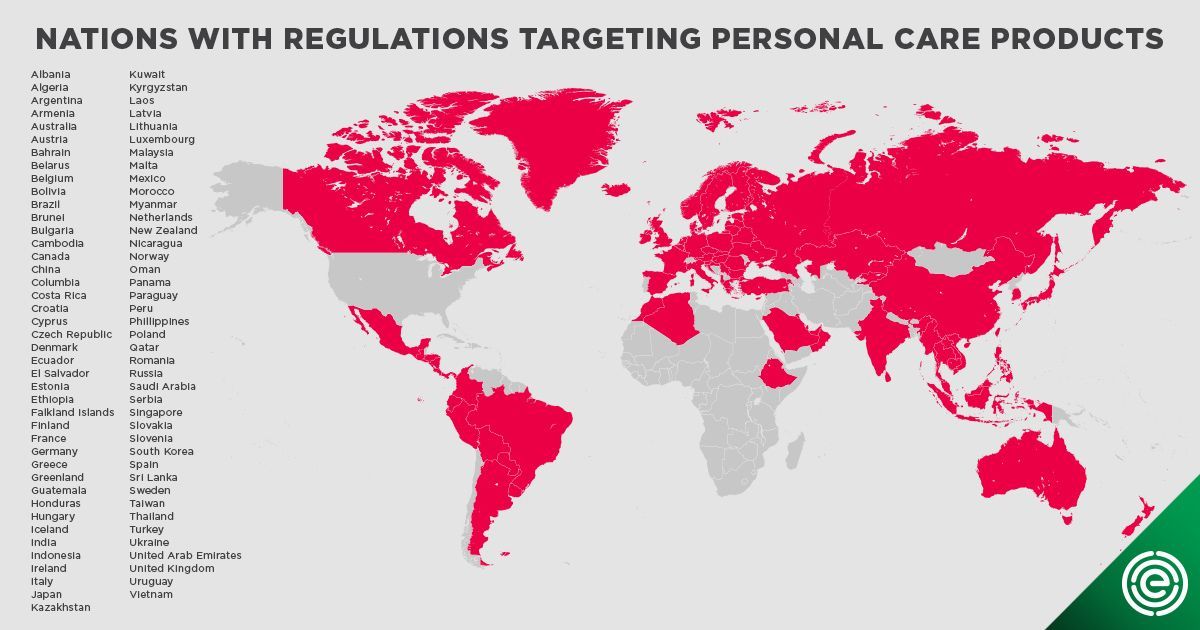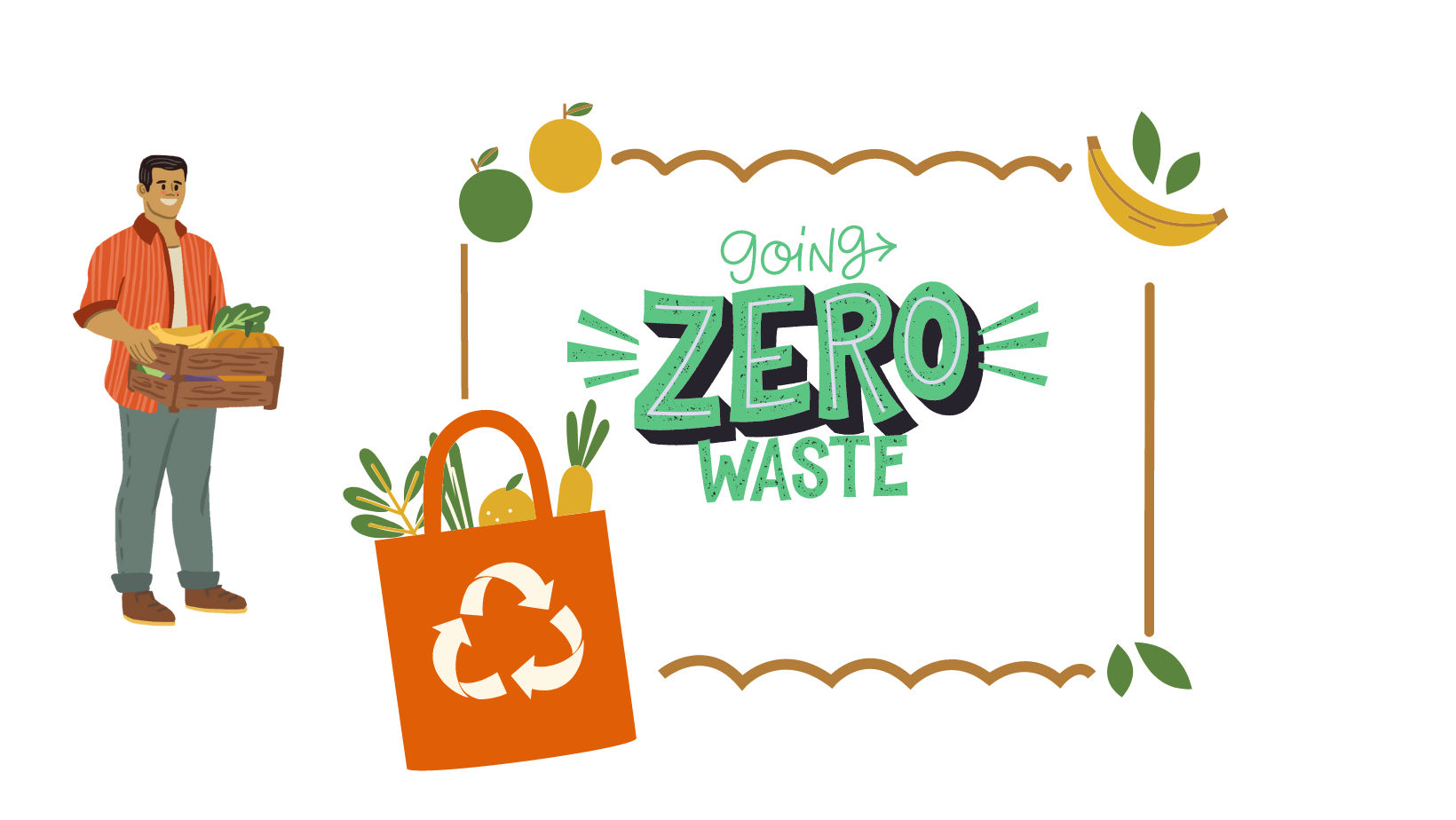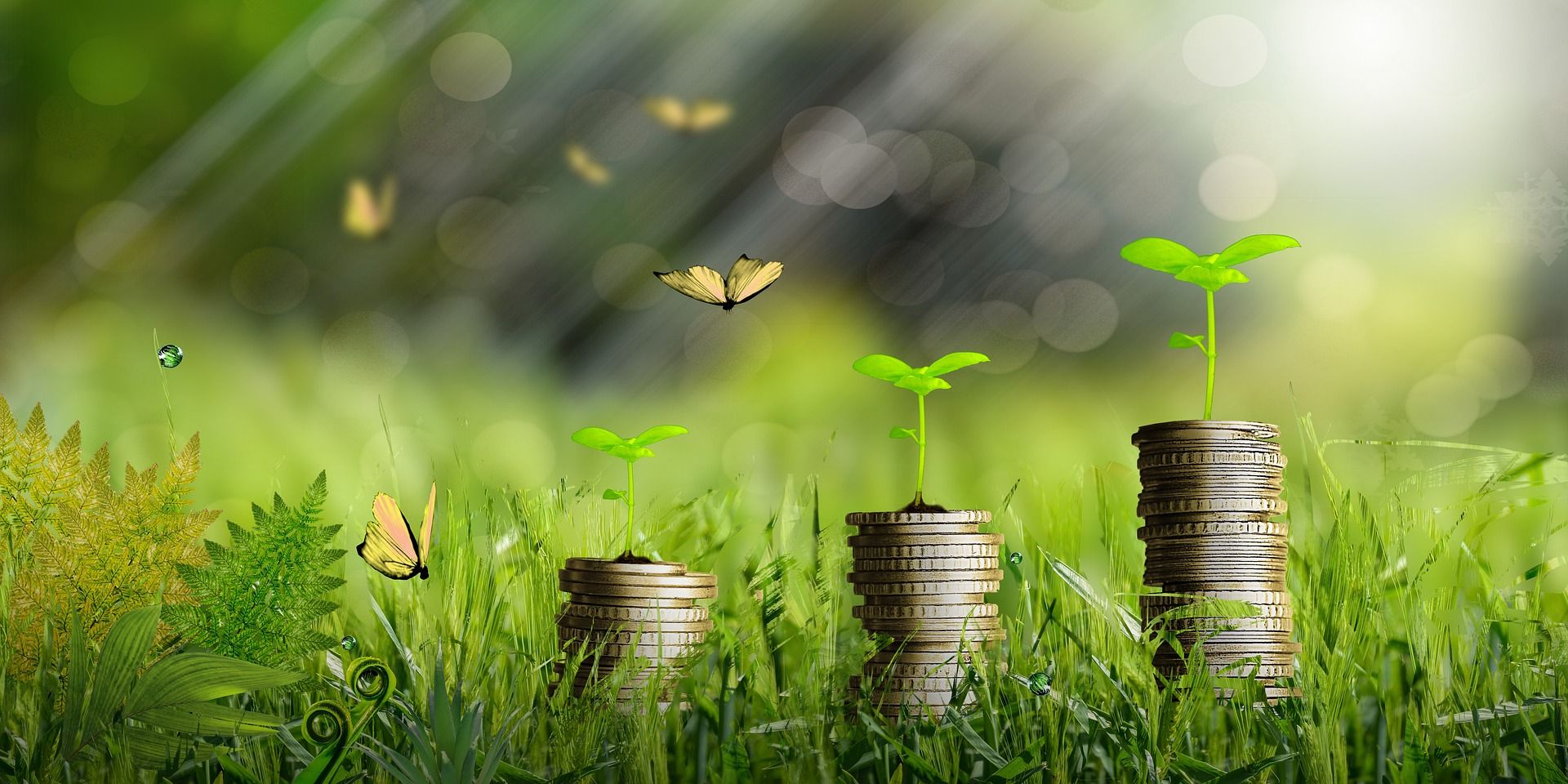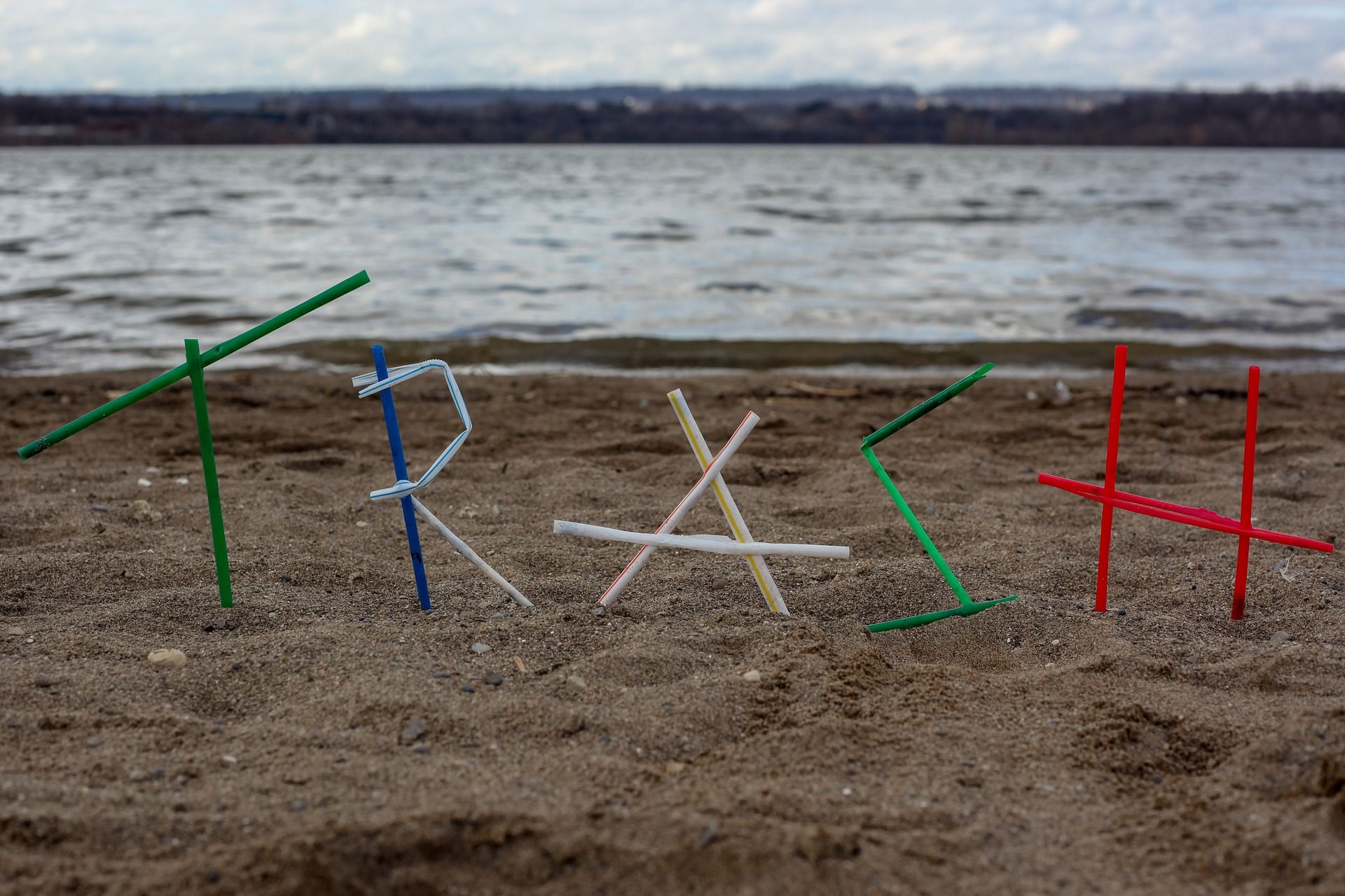In July 2021, we joined the global plastic-free July challenge. We hoped to see how possible it is to avoid single-use plastic products, and other plastic items, in Nairobi, Kenya, especially for supermarket shoppers.
For 31 days, we documented plastic items and packaging we could avoid, as well as plastic we couldn’t avoid. As much as we aim for a plastic-free lifestyle, we don’t live in a plastic-free world.
We learned some lessons.
- Cost is a hindrance to going green. The Kenya National Bureau of Statistics 2020 Comprehensive Poverty Report shows that 15.9 million out of 44.2 million Kenyans (35.97%) are poor. They have a monthly income of less than 3252 in rural areas, and 5995 in urban areas.
So, as we campaign for initiatives like ditching sachets, let's accept that they're necessary. We need biodegradable alternatives.
- The goal is progress, not perfection. In an era of rampant green shaming, we need to recognize that the man who moves a mountain, begins by carrying away smalls stones ( Confucius).
Yes, 100% plastic-free, 100% zero waste shopping, and 100% zero-waste household is great but difficult to achieve. As a result, the ecofriendly products you use, renewable energy, and any other effort to reduce your carbon footprint are commendable.
- It is okay to unlearn. We discovered that glass packaging, for single-use products, has a larger environmental impact than plastic!
A recent Lifecycle Assessment has revealed that glass has a larger environmental footprint than plastic. Recycled aluminum and aluminum are top 2 with the least footprint.
We need a working returnable system for glass packaging to avoid recycling. Reuse by sanitizing and refilling is cost-effective.
- A plastic-free lifestyle isn't enough. For wholesome human and environmental health, consider toxins in our products.
We need biochemists and chemists in Kenya breaking down the ingredients in all the products we use, even organic ones. Truth is, every chemical, natural or synthetic, has toxic dosage levels. The natural vs synthetic discussion should extend to toxicology of both types of chemicals.
A small percentage of Kenyans have access to toxin-free products, resorting to homemade/ DIY solutions. As a result, we need our biochemists and chemists to provide evidence-based assertions on home remedies and safe combinations, from skincare to medicine.
Additionally, policy changes banning the use of toxic ingredients is needed. According to an analysis by the Environmental Working Group (EWG), more than 40 nations worldwide have enacted laws specifically targeting ingredients of personal care and cosmetic products, and their safety. Some countries have banned over 1400 chemicals in their products!
The image below from EWG shows us that only two African nations have done this.

In addition to Algeria and Ethiopia, Tanzania (not on the map) also has a law targeting ingredients of personal care products. Tanzania’s extensive list is found under section 86 of the Tanzania Food, Drugs and Cosmetics Act 2003.
Our research on the status of Kenya shows that there’s no specific law that has been enacted, targeting toxic products in personal care and cosmetic products.
We’ve come across the Food, Drugs and Chemical Substances Act, 2012, which allows ingredients such as parabens to be used as class I food additives. The second schedule of the regulations lists the foods and allowed concentrations for parabens. Nothing is mentioned about parabens in cosmetics.
Nonetheless, the Kenya Bureau of Standards has a list of banned cosmetics, including those containing hydroquinone and mercury, whose use, was banned via gazette notices. Additionally, there’s a code of practice for cosmetic products, as directed in the Standards Act, 2012.
The Environment Management and Coordination (Toxic and Hazardous Industrial Chemicals and Materials Management) Regulations 2018, aims to regulate, among others, chemicals in products, including cosmetic and personal care products.
Consequently, in February 2021, the Kenyan government formed a committee to tackle hazardous and toxic chemicals that Kenyans are exposed to. As much as chemicals such as triclosan, formaldehyde, and toluene, which are banned or regulated in other countries aren’t listed in the sixth schedule, there is hope and room to address them, because the regulations will include more chemicals that the cabinet secretary may gazette.
- When possible, opt for naked packaging, on-tap refills, and bring your own container, as long as product quality and safety are guaranteed. This means being compliant with laws of the land, including Food, Drugs and Substances Act, Chapter 254; the Public Health Act, Chapter 242; and the Meat Control Act, Chapter 356.
- Waste is a resource. E.g., 75% of bagasse waste in Kenya is discarded. This is unfortunate, considering its potential.
- There's a need for a wider range of plastic-free materials to reduce pressure on glass and paper. We need to rethink how we interact with paper and cardboard packaging, opting for recycled paper or tree-free options, to reduce pressure on our forests.
There are reports of the world running out of sand, the raw material for glass production. We quickly need to find a balance, before glass and paper become the new poster children of environmental degradation.
- Green living is easier outside the city. For example, outside the city, organic waste is rarely sent to landfills. A circular economy exists in our rural homes, where organic waste is either fed to domestic animals and birds or is composted to make organic manure. Food waste is also almost rare, as leftovers are turned into meals and shared.
There are very many food waste lessons to learn from the village. For instance, we once witnessed an almost stale pot of githeri, (mixture of maize and beans), washed to remove the bacteria that was feasting on the outer layer, fried, and served to everyone. It tasted fine.
- As Gus Speth said, we need spiritual and cultural change. We believe that the root cause of our environmental problems stems from our beliefs and value systems as human beings. One great indicator is the concept of the tragedy of the commons.
The tragedy of the commons is an idea that was made popular by American ecologist, Garrett Hardin, by using the analogy of ranchers grazing their animals on a shared field.
The concept is an environmental economics problem where individuals ignore the well-being of the society in the pursuit of personal gains, leading to overconsumption and the ultimate depletion of that common resource, to the disadvantage of everyone.
Simply put, human beings will overexploit natural resources and pollute the earth (the common resource), and we’ll all bear the cost, regardless of our contributions (for example, climate change and plastic pollution are affecting all of us).
As we go about our lives, let’s remember that we all share the planet. There’s no planet B. This is it! Let’s be responsible earthlings.
- Proper waste management is required, ecofriendly products included.
Although ecofriendly products are better in case they are discarded in the environment, we still need to properly manage the waste.
We wonder…..
Can supermarkets nationwide also act as drop-off points for all the plastic we interact with? Some plastics can skip the recycling process, and get sanitized, cleaned, and reused. e.g cooking oil bottles. Suppliers can pick their plastic, still in good condition, as they make new deliveries.
What do you think?
- Preference is a hindrance to families going plastic-free. For example, as of July 2021, we only knew of 2 types of bread in Kenya, United Millers and Broadways bread, sold plastic-free in our supermarkets.
Due to personal preferences, some people might opt for other brands, which use plastic packaging.
- Supermarkets are doing a great job offering plastic-free items at the bulk stations, ridding their customers of the plastic packaging headache. However, before these items are refilled, these supermarkets unpackage some of them from plastic packaging, and we hope that they are properly disposed of.
This is one reason why we support the Extended Producer Responsibility regulations, which will ensure that plastic, among other items listed in the regulations, is properly disposed of.
Beyond July
It is possible to reduce the consumption of single-use plastics in Nairobi. Therefore, take the challenge beyond July. Plastic-free every day is possible. Do your best. :)
*Don’t be mean. Be Green*






















